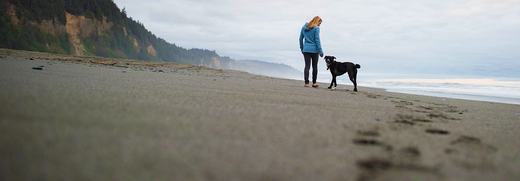
RAW WILD: Staying Safe from Bird Flu Concerns
Share
RAW WILD: Staying Safe from Bird Flu Concerns
Since the U.S. outbreak of the avian influenza A (H5N1) known as “bird flu” in dairy cattle beginning in March 2024, dozens of dogs and cats are known to have contracted the virus, including big cats in zoos. In November 2024, 20 big cats in an animal sanctuary in Shelton Washington, died from the bird flu outbreak. The outbreak of bird flu has raised serious concerns for pet owners. Many commercial dog foods, and even many raw dog foods, rely heavily on poultry and other farmed animals, increasing the risk of contamination. In January 2025, the Los Angeles County Department of Public Health warned pet owners against raw food, after numerous pets became sick from two different raw pet food company products containing poultry.
Unlike these other commercial pet foods and raw dog food companies, Raw Wild does not use any poultry OR Beef in its dog food. Because Raw Wild does not use any farmed animals or farmed grains, our dog food is untouched by hormones, antibiotics, grains, glutens, fillers, preservatives, GMOs, and harmful slaughterhouse diseases.
At Raw Wild, we prioritize sourcing our meat from wild elk and wild venison. This unique approach offers several advantages regarding bird flu:
- No Commercial Food Chain products: Because we don’t use cow, pig, or poultry for proteins, and because we don’t use grain, corn, or other plant matter for filler, our pet food avoids all the disease and drugs use in the commercial production of food and the ugliness of the slaughterhouse.
- Reduced Exposure: Grain-fed cows often have spilled grain or leftover feed, attracting birds that feed on the ground. If any birds in the area are infected with avian influenza, the increased contact with cows raises the risk of the virus spreading to the cattle. Our ingredients are sourced from animals that have little to no contact with domesticated or wild birds, essentially removing the potential for bird flu transmission through the food chain.
- Focus on Wild Game: Wild game animals live in more natural environments, lacking all the intensive farming practices of the commercial food chain, which significantly minimizes exposure to avian influenza.
